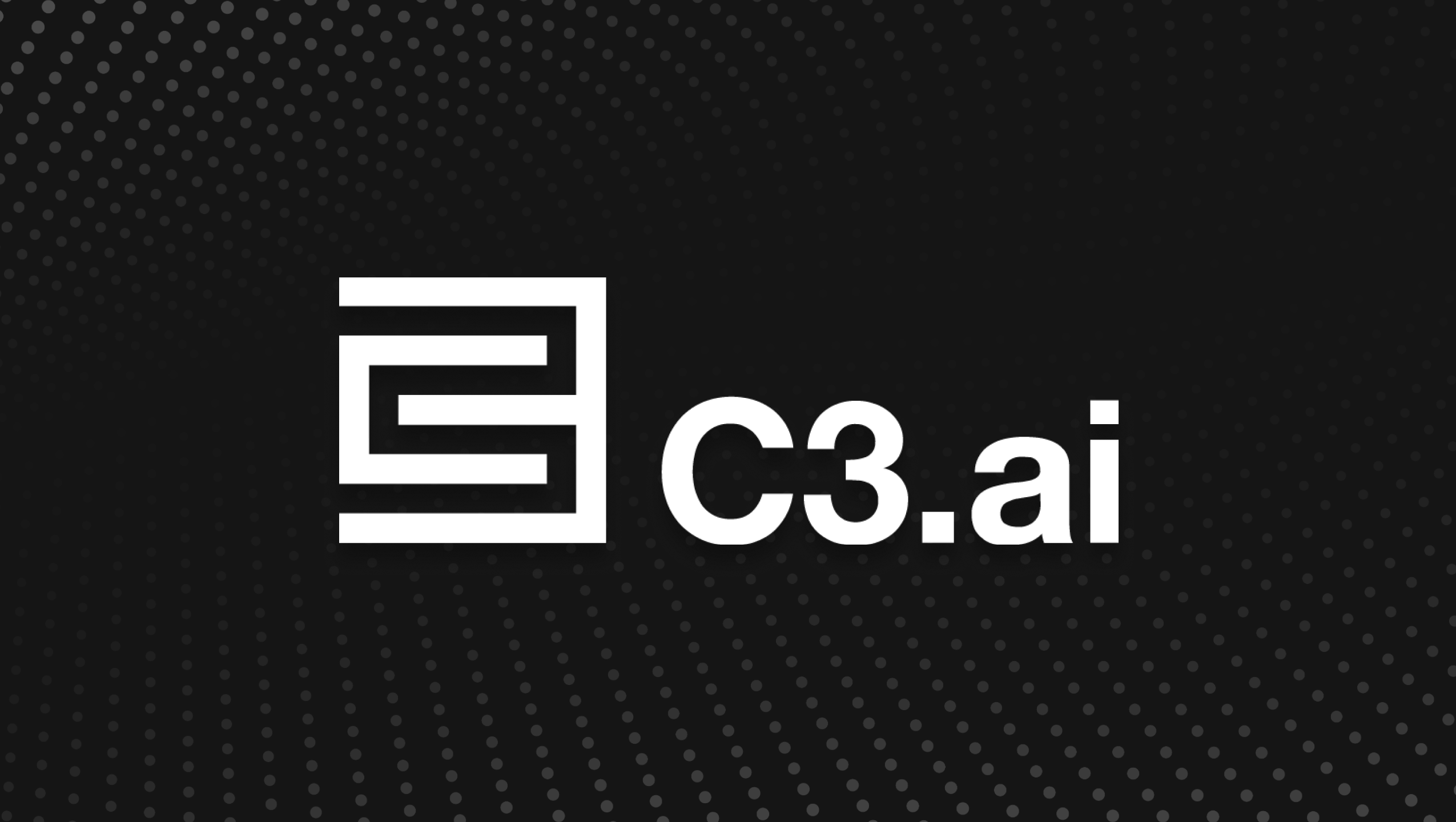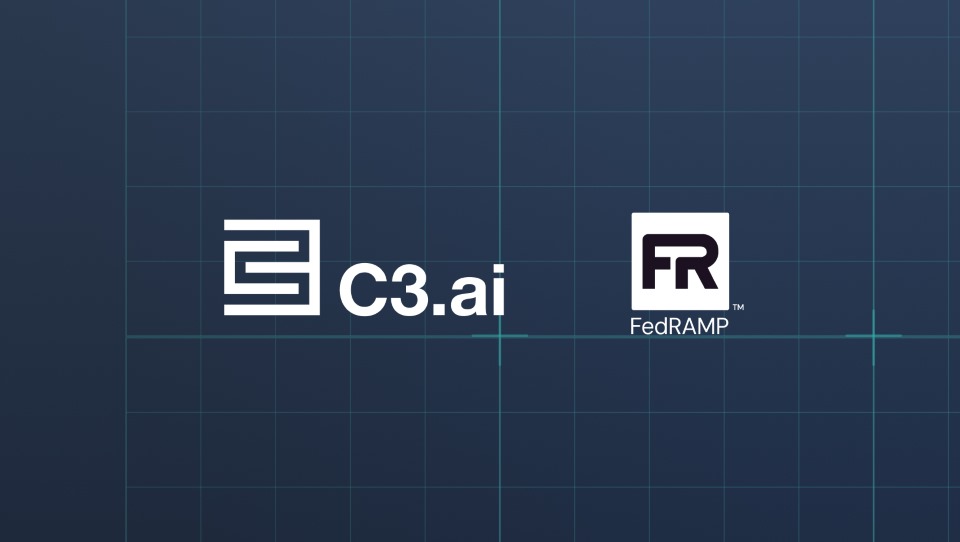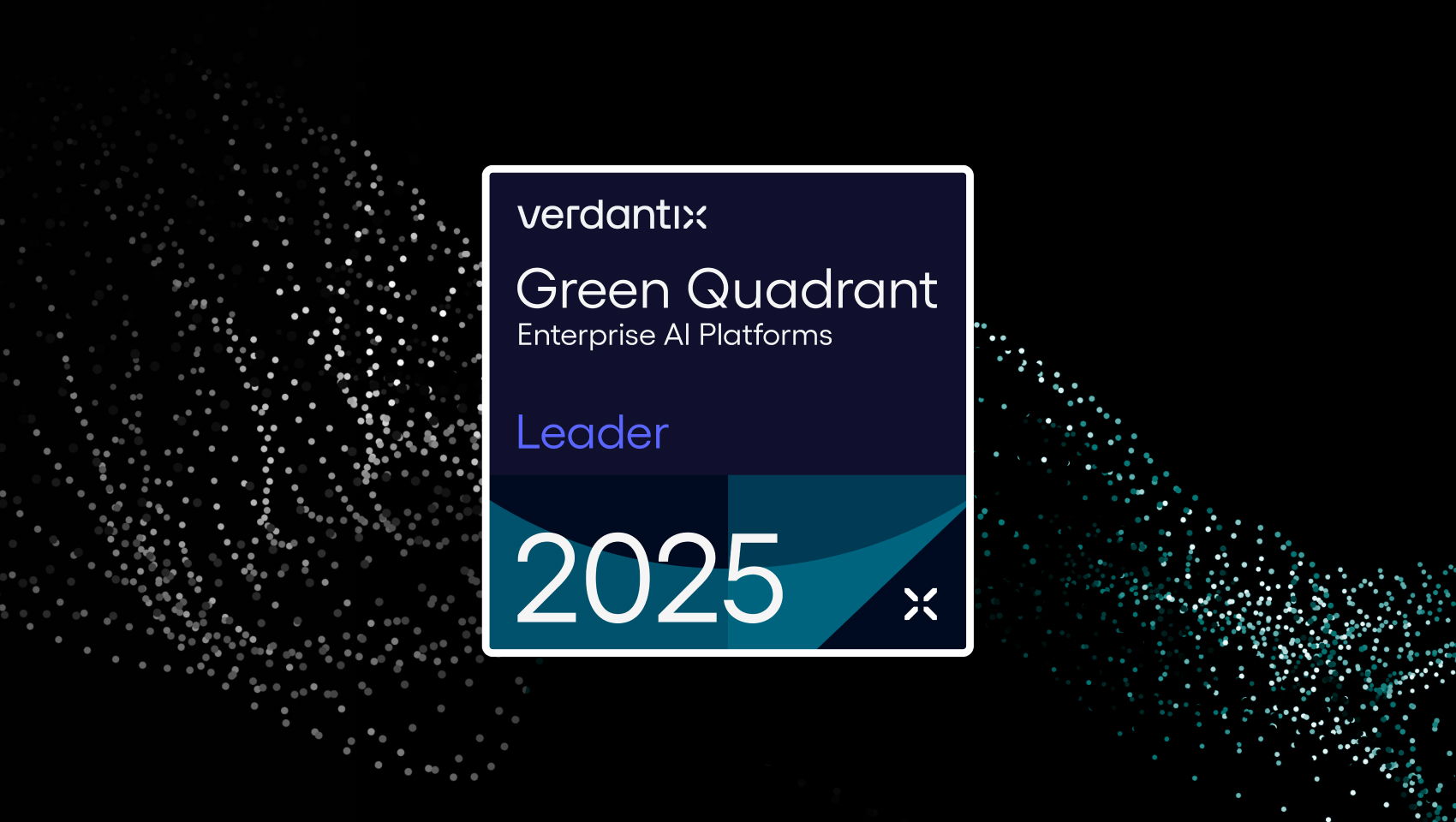Ford, Kyocera, and Phononic among early customers to enhance data transparency and optimize production with new manufacturing-specific solutions
Cognizant, C3 AI, GFT, Intel, Litmus, Quantiphi, SoftServe, Sotec, Splunk, among partners supporting the new solutions
Redwood City and Sunnyvale, Calif.– May 9, 2022 – Google Cloud today announced the launch of Manufacturing Data Engine and Manufacturing Connect, two new solutions that enable manufacturers to connect historically siloed assets, process and standardize data, and improve visibility from the factory floor to the cloud. Once data is harmonized, the solutions enable three critical AI- and analytics-based use cases–manufacturing analytics & insights, predictive maintenance, and machine-level anomaly detection.
Manufacturers are undertaking a massive digital transformation driven by rising customer expectations, supply chain volatility, shifting buyer behavior, and more. Yet, only 21% of manufacturers have active AI initiatives in production to help solve these issues. While data from disparate systems can be manually prepared for AI and analytics pilots, siloed data sets still need to be accessible centrally and in real-time to support production scale. Additionally, many existing AI and analytics solutions are designed to be used by data scientists and are not easy to use for manufacturing business leaders.
Manufacturing Data Engine and Manufacturing Connect, available today, help manufacturers unify their data and empower their workforce with easy-to-use analytics and AI solutions based on cloud infrastructure:
- Manufacturing Data Engine is an end-to-end solution that processes, contextualizes, and stores factory data on Google Cloud’s market-leading data platform. It provides a configurable and customizable blueprint for the ingestion, transformation, storage, and access to factory data. It integrates key Google Cloud products, including Cloud Dataflow, PubSub, BigQuery, Cloud Storage, Looker, Vertex AI, Apigee, and more, into a manufacturing-specific solution.
- Manufacturing Connect is a factory edge platform co-developed with Litmus Automation that quickly connects to, and streams data from, nearly any manufacturing asset and industrial system to Google Cloud, based on an extensive library of more than 250 machine protocols. Deep integration with the Manufacturing Data Engine unlocks rapid data intake into Google Cloud for processing machine and sensor data. The ability to deploy containerized applications and ML models to the edge enables new dimensions of use cases.
Once data is centralized and harmonized by the Manufacturing Data Engine and Manufacturing Connect, it can then be used to address a growing set of industry-specific use cases, including:
- Manufacturing analytics & insights, which helps manufacturers quickly create custom dashboards to visualize key data—from factory KPIs such as Overall Equipment Effectiveness (OEE), to individual machine sensor data. Integrated with the Manufacturing Data Engine, engineers and plant managers can automatically set up new machines and factories, enabling standardized dashboards, KPIs, and on-demand drill-downs into the data to uncover new insights opportunities throughout the factory. These can then be shared easily across the enterprise and with partners.
- Machine-level anomaly detection, which helps manufacturers identify anomalies as they occur and provides alerts—leveraging Google Cloud’s Time Series Insights API—on real-time machine and sensor data such as noise, vibration, or temperature.
- Predictive maintenance, which enables manufacturers to anticipate an asset’s need for service, helping reduce downtime and maintenance cost. Manufacturers can leverage ML models and high-accuracy AI optimizations that are deployable in weeks.
“Bridging gaps across systems and placing easy-to-use AI directly into the hands of manufacturing engineers leads to better results,” said Hans Thalbauer, Managing Director, Supply Chain and Manufacturing Industries, Google Cloud. “These new solutions can support workforce transformation initiatives by providing engineers with the tools to be self-sufficient, without the need for data scientists or additional integration code.”
“The growing amount of sensor data generated on our assembly lines creates an opportunity for smarter analytics around product quality, production efficiency and equipment health monitoring, but it also means new data intake and management challenges,” said Jason Ryska, Director Manufacturing Technology Development, Ford Motor Company. “We worked with Google Cloud to implement a data platform now operating on more than 100 key machines connected across two plants, streaming and storing over 25 million records per week. We’re gaining strong insights from the data that will help us implement predictive and preventive actions and continue to become even more efficient in our manufacturing plants.”
“With the tight integration of a powerful factory edge solution with Google Cloud, it is easier than ever for factories to tap into cloud capabilities,” said Masaharu Akieda, General Manager, Digital Solutions Division, KYOCERA Communication Systems Co., Ltd. “Google Cloud’s solutions enable a broader group of users beyond data scientists to quickly access, analyze and use data in a variety of use cases. We are excited to partner with Google Cloud as we implement new manufacturing solutions to optimize production operations and consistently increase quality.”
“As the global innovator of solid state cooling and heating technology, we’ve developed a sustainable manufacturing platform that uses less water, less electricity, and less chemical waste,” says Jason Ruppert, Chief Operations Officer, Phononic. “This partnership with Google Cloud allows us to contextualize data across all of our manufacturing processes – ultimately providing us the analytics and insights to optimize our operations and continue to bring to the world products that cool sustainably, reducing greenhouse gas (GhG) emissions and improving the environment.”
Supporting Partner Quotes:
- By building modular solutions on the Manufacturing Data Engine from Google Cloud, such as Cognizant’s Asset Performance Excellence (APEx) offering, we are able to offer additional resources to deploy and scale solutions for our customers quickly and confidentially, as well as mitigate design and deployment challenges,” said Manoj Mehta, SVP, Global Head of Industry 4.0, IoT and Engineering, Cognizant. “Cognizant’s partnerships with cloud leaders are enabling the company to support large, complex deployments across multiple industrial environments, providing a solid foundation on which to digitally transform businesses.”
- “C3 AI is proud to be Google Cloud’s partner in bringing real enterprise AI solutions to the manufacturing industry,” said Ed Abbo, President and CTO, C3 AI. “We created an alliance with Google Cloud to improve the reliability of assets and fleets with AI-powered predictive maintenance, improve revenue and product forecasting accuracy, and bolster the sustainability of manufacturing facilities and operations through optimized energy management. This partnership delivers tangible, immediate and game-changing results to manufacturers worldwide.”
- “As industrial transformation takes hold and a massive amount of information is garnered at the edge, putting this data to work, and extracting the most value from it is essential for operational efficiency,” said Christine Boles, VP, Network & Edge Group, General Manager, Industrial Solutions Division, Intel Corporation. “Integrating and optimizing Google Cloud’s new manufacturing solutions on Intel edge products allows factories to unlock the potential for data analytics and running AI at the edge. This enables engineers to analyze, and act on, their siloed operational data in near real-time, bringing needed intelligence to improve operations and product quality.”
- “The biggest challenge manufacturers face is collecting data from disparate factory systems and using that data to enable digital transformation,” said Vatsal Shah, Co-founder and CEO, Litmus. “Manufacturing Connect, co-developed with Litmus, bridges the gap between factory and Google Cloud, delivering the critical edge data connectivity and machine learning model deployment needed for closed loop AI. The Google Cloud and Litmus manufacturing solution will help enterprise customers maximize their AI investments and realize unmatched time-to-value.”
- “The industrial sector has been in search of solutions that modernize assembly lines through use of computer vision, automatic speech recognition, natural language processing, and voice user interfaces,” said Marco Santos, President, U.S. and Latin America, GFT. “These solutions help increase the quality of products being manufactured and significantly reduce costs, waste, and ultimately time-to-market. GFT and our team of engineers are very proud to have partnered with Google Cloud since the inception of this project to help deliver a solution that will bring all these benefits to the factory floor.”
- “As the manufacturing industry adapts to the next normal, simplified access to data and sophisticated AI in the cloud offers the promise of providing a more accurate response to supply chain disruptions,” said Asif Hasan, Co-founder, Quantiphi. “We are excited to be a launch partner for Google Cloud’s new manufacturing solutions that provide organizations access to unified and contextualized data from disparate factory systems and enable downstream AI applications like predictive maintenance, anomaly detection and visual inspection. We are excited to bring this solution to our manufacturing customers to help drive operational excellence across their value chains.”
- Combining Google’s expertise with data aggregation and AI services and SoftServe’s proficiency with applying intelligence and AI to data at enterprise scale provides executives and digital leaders in manufacturing with incredible opportunities to add intelligence to operations, generate insights, and start capturing their competitive advantage,” said Volodymyr Semenyshyn, President, EMEA, Finance & Manufacturing, SoftServe. “We are excited to have collaborated with Google Cloud’s manufacturing solutions team and helped further their mission to shape the future of intelligent manufacturing.”
- “Applying Google Cloud’s AI, edge, IoT and cloud technologies for smarter and more effective manufacturing has been our mission for more than a decade,” said Florian Holz, CEO, SOTEC. “We are thrilled to support even more joint customers implementing the announced solutions to their shopfloor, fast and effectively, based on our proven multi-disciplined engineering expertise.”
- “We are delighted to offer complementary solutions that help our joint customers realize the vision of smart, secure and sustainable manufacturing,” said James Hodge, GVP & Chief Strategy Advisor, International, Splunk. “We complement Google Cloud’s manufacturing solutions with IT and OT Security–helping manufacturers with state-of-the-art cybersecurity protection–and we equip manufacturers with real-time insights of the CO2 footprint of their manufacturing operations and supply chains and empower them towards their carbon neutrality and sustainability goals.”
To learn more about Manufacturing Data Engine and Manufacturing Connect, please visit our page, read more on our blog, or join our customers and partners for panel discussions at our Manufacturer Spotlight event. For pricing and availability, customers should contact their sales representatives.
The new manufacturing solutions will be demonstrated in person for the first time at Hannover Messe 2022, May 30–June 2. Visit us at Stand E68, Hall 004, or schedule a meeting for an onsite demonstration with our experts.
About Google Cloud
Google Cloud accelerates every organization’s ability to digitally transform its business. We deliver enterprise-grade solutions that leverage Google’s cutting-edge technology – all on the cleanest cloud in the industry. Customers in more than 200 countries and territories turn to Google Cloud as their trusted partner to enable growth and solve their most critical business problems.



